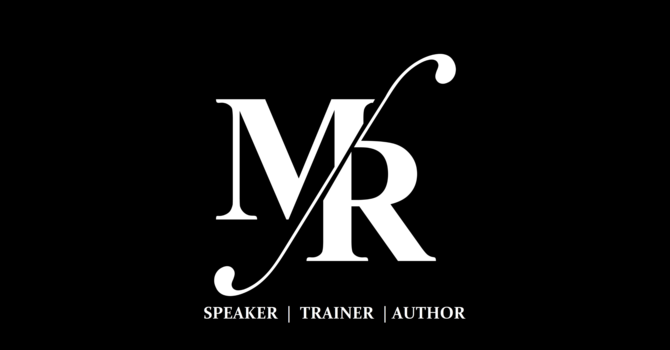Company culture is the invisible force that shapes the day-to-day experiences of employees and ultimately determines the success of an organization. It encompasses shared values, attitudes, goals, and behaviors that define how employees interact with each other, their leaders, and their work. While often unwritten, these cultural norms powerfully influence behavior, decision-making, and overall workplace dynamics.
At its core, company culture is about creating an environment where employees feel valued, engaged, and motivated to perform their best. It's the difference between a workplace where people clock in and out mechanically and one where they're excited to contribute and grow. A strong, positive culture can lead to increased productivity, innovation, and employee retention, while a toxic culture can result in high turnover, low morale, and poor performance.
"Customers will never love a company until the employees love it first."
-Simon Sinek
The unspoken rules of company culture manifest in various ways. It’s how people communicate, whether through formal emails or casual messages—and how they dress or conduct meetings. These unwritten rules often have a more significant impact on daily work life than any official policy handbook.
As Simon Sinek aptly puts it, "Customers will never love a company until the employees love it first." This highlights how the internal culture directly influences external perceptions and customer satisfaction.
"Culture eats strategy for breakfast."
-Peter Drucker
Leadership plays a crucial role in shaping and maintaining company culture. Leaders set the tone through their actions, decisions, and the behaviors they reward or discourage. When leaders consistently embody the company's values and vision, they create a clear cultural roadmap for others to follow.
As Peter Drucker famously stated, "Culture eats strategy for breakfast." This underscores the idea that even the best strategies can falter without a strong cultural foundation.
"Shaping your culture is more than half done when you hire your team."
-Jessica Herrin
However, company culture isn't just top-down; it’s co-created by everyone in the organization. Each employee contributes to and shapes the culture through their interactions, attitudes, and work ethic. This is why hiring for cultural fit—alongside skills and experience—has become increasingly important for many companies.
In today's diverse workplaces, a strong company culture doesn't mean homogeneity; instead, it means creating an inclusive environment that values different perspectives while uniting everyone under a common purpose. The pandemic has brought new challenges to maintaining and evolving company culture with remote work becoming more prevalent. Companies now need to find ways to foster connection and collaboration across physical distances.
Understanding and navigating company culture is crucial for both employees and leaders. For employees, it's about finding a workplace where they can thrive in alignment with the company's values. For leaders, it's about consciously cultivating a culture that brings out the best in people while driving organizational success. In essence, company culture is the soul of an organization. It's what makes a company unique and can be its greatest competitive advantage. By paying attention to and nurturing this often-intangible aspect of work life, companies can create environments where both people and business flourish.
Matthew Renz | With a three-decade background in corporate sales and leadership with UnitedHealthcare, Matthew brings a passion and energy for personal and professional growth and leadership development. He is a speaker, trainer, and author who packs everything he touches with thought-provoking ideas meant to grow and build relationships. Reach him by email: matthew@matthew-renz.com.

Matthew Renz
Contact Me
